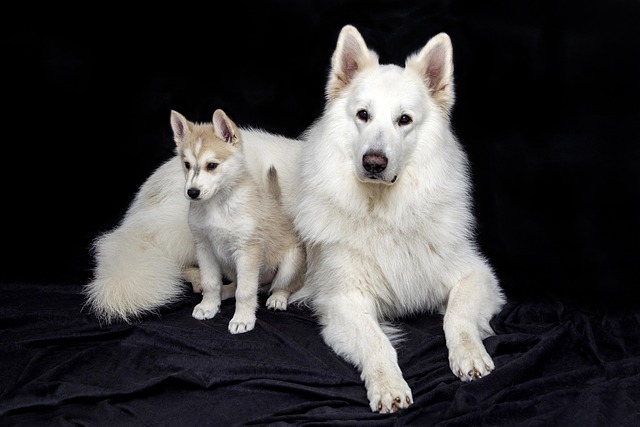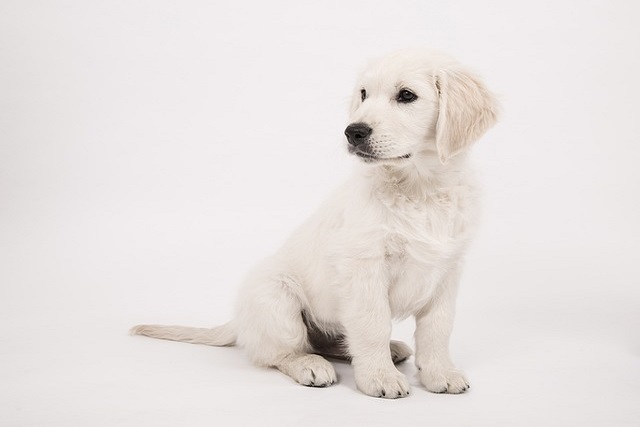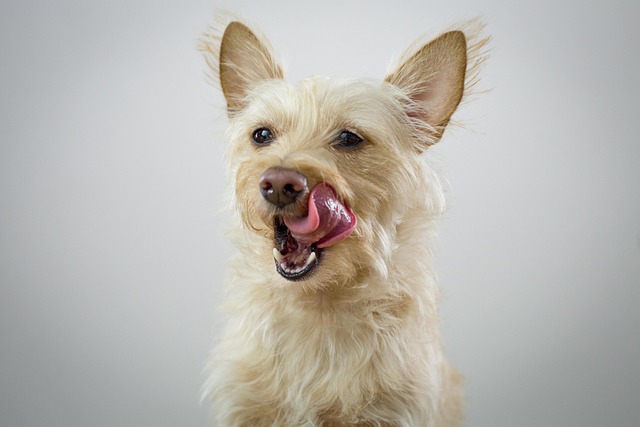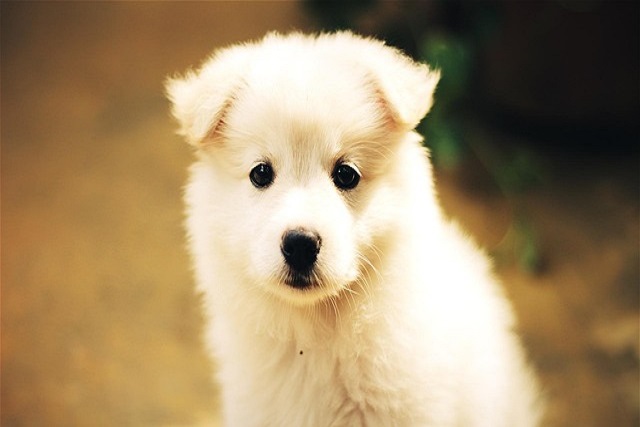When a Corgi’s iconic peach-shaped bottom wiggles toward us with its expressive big eyes full of expectation, anyone would be captivated by its cuteness. However, being "deterred" by an unpleasant odor during close interactions can be both troubling and distressing. Strong body odor in Corgis is a common challenge for many owners, stemming not from simple hygiene issues but from a combination of factors. Exploring these causes and finding solutions is not only about maintaining a fresh pet-keeping environment but also a deep expression of care for the Corgi’s health and happiness—every attempt to improve is filled with our love for this little life.
Physiologically, a Corgi’s unique skin and coat characteristics are significant contributors to body odor. As a short-haired breed with dense fur and relatively more skin folds, Corgis tend to trap skin oils, sweat, and debris in their fur. If not cleaned promptly, these substances breed bacteria and produce odors. Skin folds are particularly problematic—moisture and grime accumulation create an ideal environment for bacterial and fungal growth, leading to unpleasant smells. Just as an uncleaned corner accumulates dust and odor, neglected skin folds in Corgis become a source of body odor.
The ears are another key factor in strong body odor. Corgis have upright or semi-upright ears with narrow, moist ear canals, providing a suitable environment for ear mites, bacteria, and fungi. Infected ears produce excessive earwax, itchiness, and a pungent smell as dogs scratch frequently, risking ear damage. Similar to humans, untreated ear infections in Corgis can lead to persistent odors and more serious ear issues affecting hearing and health.
Anal gland problems are also a major cause of body odor. Anal glands are specialized scent glands in Corgis, whose secretions play a role in social communication. Normally, dogs express anal glands during defecation, but Corgis may experience blocked or inflamed glands due to insufficient exercise or overly refined diets. When anal glands are problematic, Corgis often scoot their bottoms on the ground to relieve discomfort, emitting a strong, persistent fishy odor.
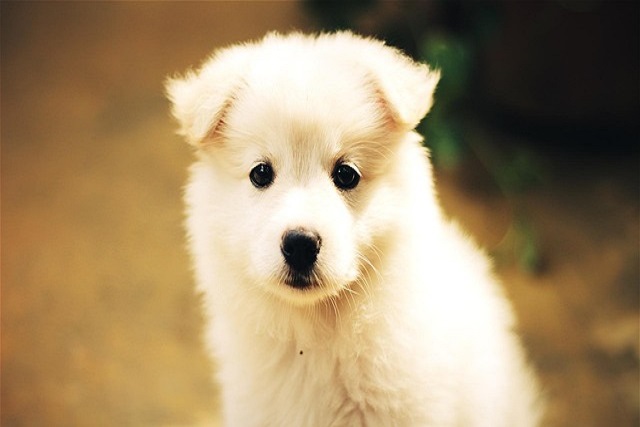
Beyond physiological factors, diet and oral health are closely linked to a Corgi’s body odor. Low-quality, indigestible food can disrupt gastrointestinal function, causing bad breath and stronger-smelling feces. Poor oral care allows food residue to breed bacteria, leading to periodontitis, tartar, and other dental issues that release unpleasant odors—similar to human bad breath from poor dental hygiene.
To address strong body odor in Corgis, consider the following solutions:
Daily hygiene: Bathe Corgis regularly (7–10 days in summer, 15–20 days in winter) with pet-specific shampoos, focusing on cleaning skin folds. Use pet ear cleaners to gently remove earwax and prevent infections.
Anal gland management: Learn proper techniques to express anal glands during baths, or seek professional help. Increase exercise to promote natural gland secretion.
Dietary adjustments: Feed high-quality, digestible dog food to improve gut health and reduce odor. Incorporate breath-freshening foods like apples and carrots, and use dental sticks or pet mouthwash for oral care.
Corgis bring endless joy and warmth to our lives with their cuteness and loyalty. While strong body odor may cause minor inconveniences, it cannot diminish our love for them. Through scientific care and patient attention, we can help Corgis overcome odor issues, allowing them to remain fresh and adorable companions. Every gentle ear cleaning and thoughtful food selection is a loving gesture toward this precious bond. May all Corgis stay healthy, happy, and charmingly fresh as little angels.
